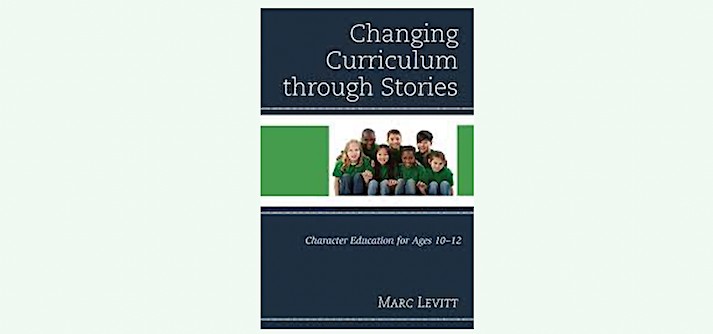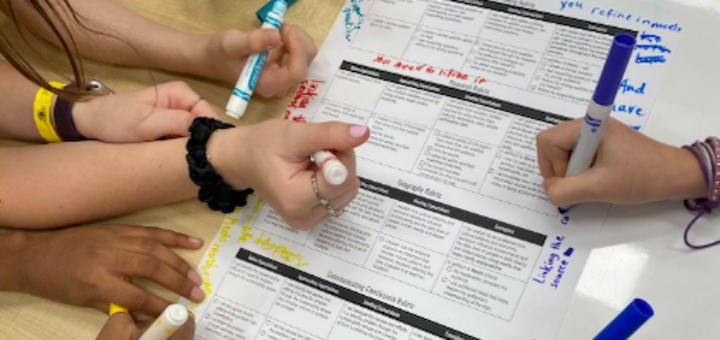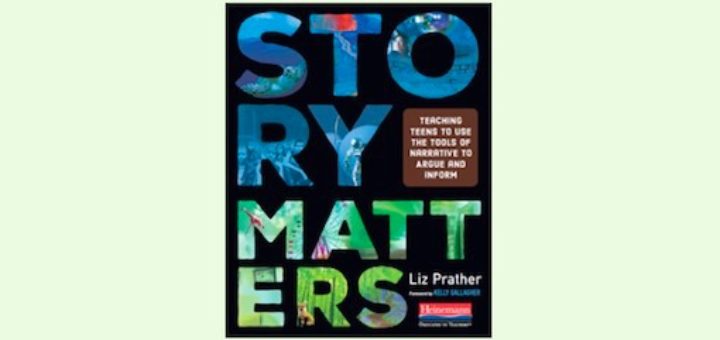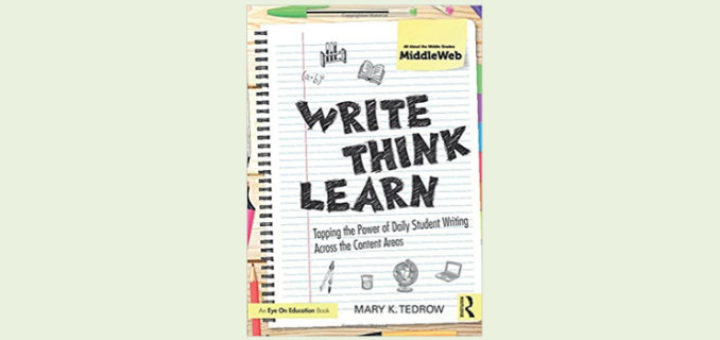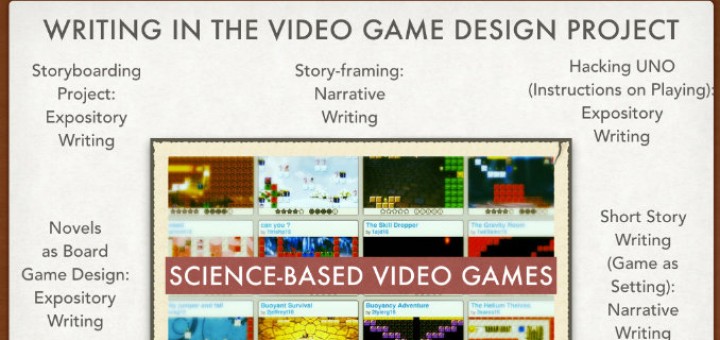How to Use Stories as Catalysts for Reflection
In Changing Curriculum through Stories: Character Education for Ages 10-12 Marc Levitt shows how personal stories, folktales and fairytales can act as catalysts for reflection and deeper comprehension. Dr. Kevin D. Cordi finds his notes to teachers and students quite helpful.

